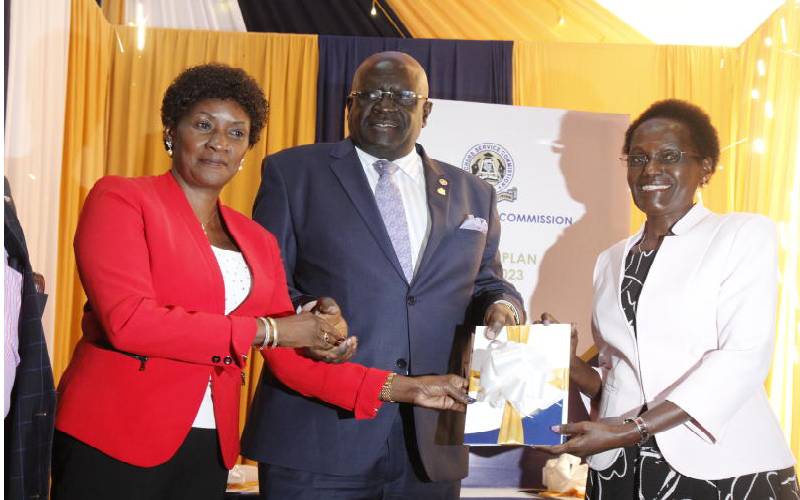 In an attempt to employ the instrumentality of education to fast-track the realisation of the Vision 2030, some stakeholders have stressed the need for Kenya to embrace a type of education that is not synonymous with schooling. The system of education we have been clamouring for is inclusive education for all (IEFA), which implies education in totality.
In an attempt to employ the instrumentality of education to fast-track the realisation of the Vision 2030, some stakeholders have stressed the need for Kenya to embrace a type of education that is not synonymous with schooling. The system of education we have been clamouring for is inclusive education for all (IEFA), which implies education in totality.
The prevailing notion of equating education with schooling has led to the exclusion of a large number of “educables” within a society from benefiting from education. This narrow conception of education has also prevented the government from linking education with other national development sectors.